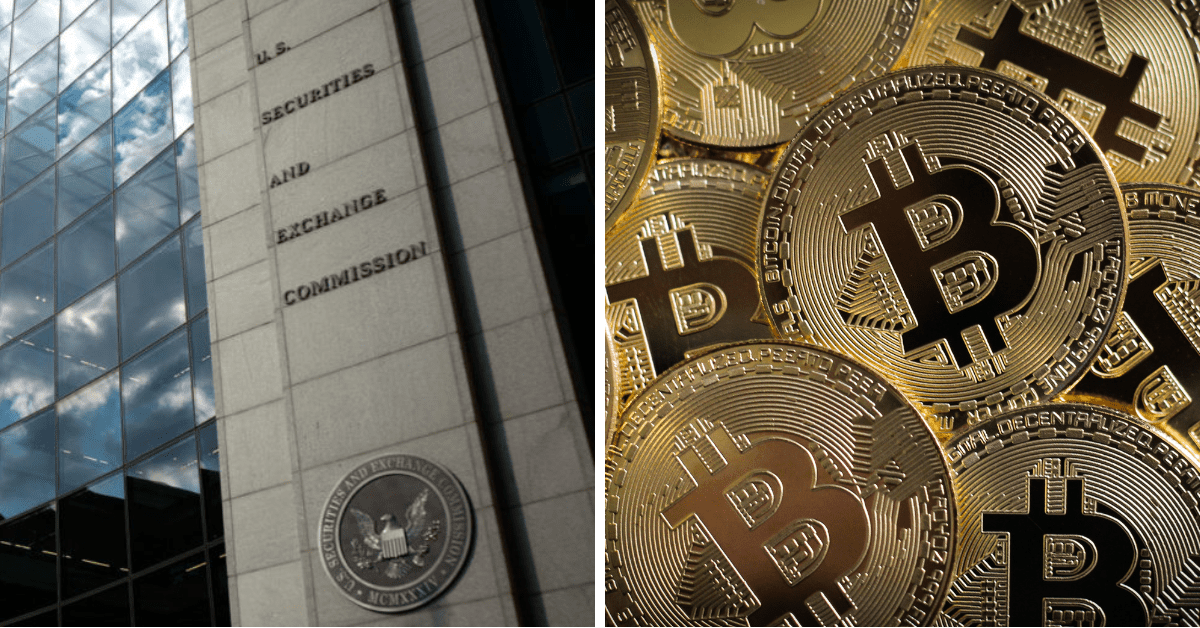Earlier this week, the world’s biggest digital currency fund manager Grayscale announced it had hired a legal heavy-hitter in former solicitor general Donald B. Verrilli Jr. to help its effort to win approval for a spot Bitcoin exchange-traded fund in the U.S.
Adding such lawyer firepower is suggesting to many in the industry that Grayscale is determined to drive home its case with the U.S. Securities and Exchange Commission, the regulator for such funds, known as ETFs.
Approval of a spot-traded Bitcoin ETF in the world’s biggest economy and largest financial market is seen by many investors as a key stamp of approval for the digital currency, which will unlock significant amounts of investment in Bitcoin.
Grayscale wants to convert its US$24 billion Grayscale Bitcoin Trust into a spot Bitcoin ETF and regards the approval as more a question of when, not if, said David LaValle, global head of ETFs at Grayscale.
But speaking at the CoinDesk Consensus 2022 conference in Texas on Thursday, LaValle also said that if the SEC does reject the application — an announcement is expected in early July — Grayscale would be “very focused on addressing all options,” according to a CoinDesk report.
Legal drama?
Grayscale’s appointment of Verrilli — the solicitor general in the administration of former U.S. President Barack Obama — shows that the company could be getting ready to sue the SEC if the regulator blocks the application, Eric Balchunas, Bloomberg senior ETF analyst, wrote in a Thursday tweet.
Industry opinions are divided on how this could play out.
Matt Hougan, chief investment officer of digital asset manager Bitwise, also argues it’s only a matter of time for the SEC to give the nod to a spot Bitcoin ETF, pointing out it has already approved a number of Bitcoin futures-based ETFs.
The SEC’s approvals of Bitcoin futures ETFs are based on the Investment Company Act of 1940 and the 1933 Act which indicate “a progression that ends in a spot Bitcoin ETF,” Hougan said in a CoinDesk report from the Texas conference.
“So they really are making progress, just not at the pace of the crypto community. But it’s wrong to see them as just [holding things up],” Hougan said. Bitwise also has an application for a spot Bitcoin ETF pending the SEC’s decision by July 1.
In April, Grayscale’s lawyers wrote to the SEC, saying that its spot Bitcoin ETF application should be treated no differently from a Bitcoin futures ETF. The SEC is soliciting public comment on Grayscale’s ETF application and is set to give a decision on July 6.
Not so fast
David Tuckwell, product and research specialist of Australia-based ETF Securities, told Forkast that it’s unlikely the SEC will greenlight a spot Bitcoin ETF anytime soon.
“It strikes me as a remote prospect. Leading U.S. regulators have made it clear that they believe the crypto market is insufficiently regulated,” Tuckwell said.
“Were Bitcoin ETF approval likely in the near-term, my gut feeling is that Bitcoin would be performing better as traders price in the surge in demand,” he said.
The SEC approval of a number of Bitcoin futures ETFs is “a sign that the SEC trusts the futures market more than it does the crypto market,” according to Tuckwell.
Australia’s ETF Securities launched two ETFs — ETFS 21Shares Bitcoin ETF and ETFS 21Shares Ethereum ETF — last month in Australia, tracking the spot price of Bitcoin and Ether in Aussie dollars.
They haven’t performed as hoped. “Trading volumes have been relatively muted over the past four weeks,” Tuckwell said. “We suspect the low trading volumes owes partly to the LUNA crash, which has had a chilling effect on the crypto market.”
Henry Lin, a Taiwan-based crypto lawyer at Lin and Partners, told Forkast that as some countries have approved spot crypto ETFs there are precedents for the U.S. regulator to study, but with the bearish crypto market conditions, the timing is not good, he said.
However, Tuckwell said there’s strong pent-up demand for spot Bitcoin ETFs.
“Bitcoin ETFs are, in some instances, more trusted than conventional crypto exchanges. This is at least partly because Bitcoin ETFs are regulated by governments, whereas many crypto exchanges are not,” he said.
Bitcoin ETFs can also be easier to access than Bitcoin itself, Tuckwell added.
“Were the SEC to approve spot Bitcoin ETFs it would affect the market in fundamental ways and allow investors to trade Bitcoin on the world’s biggest exchanges.”





